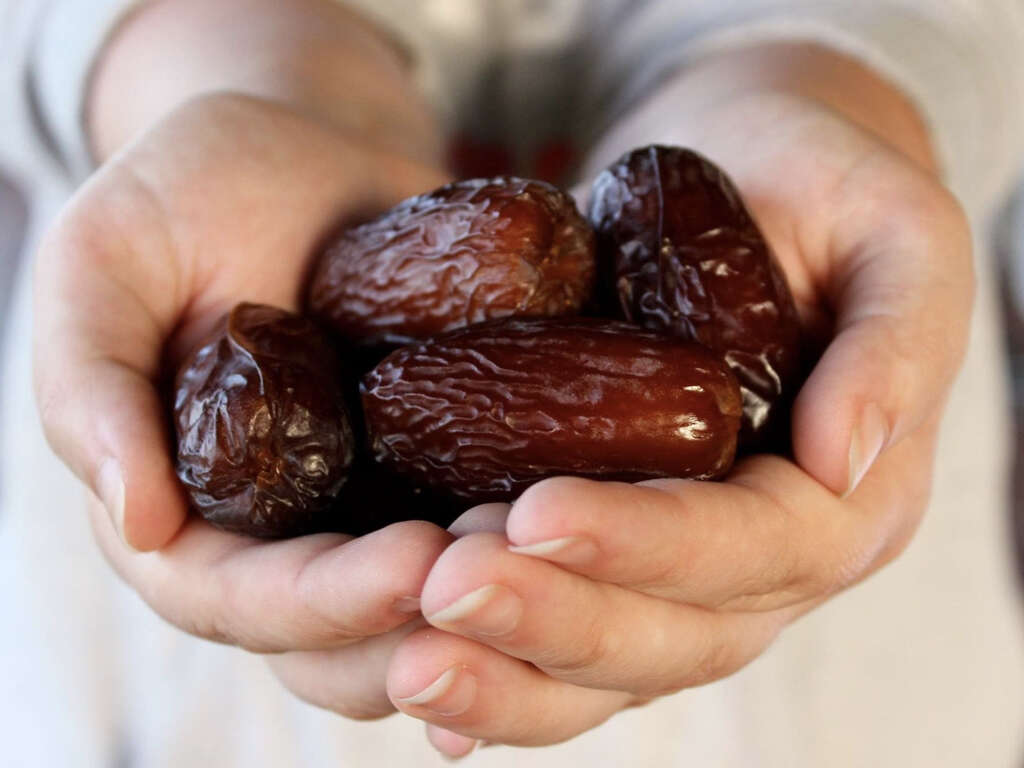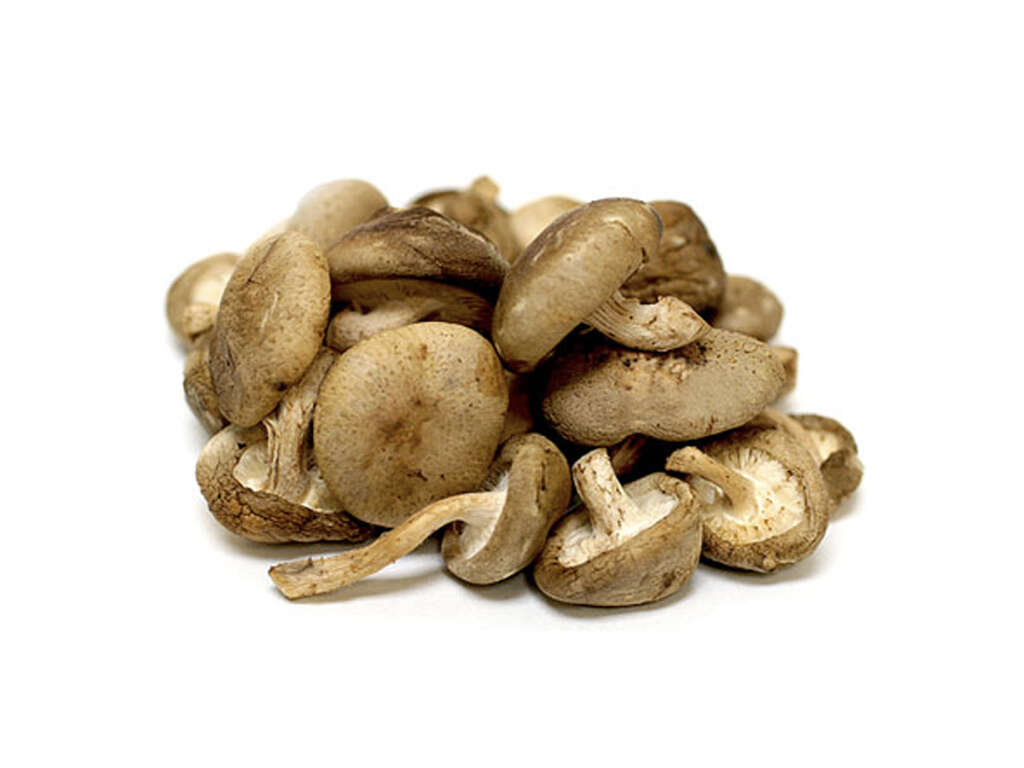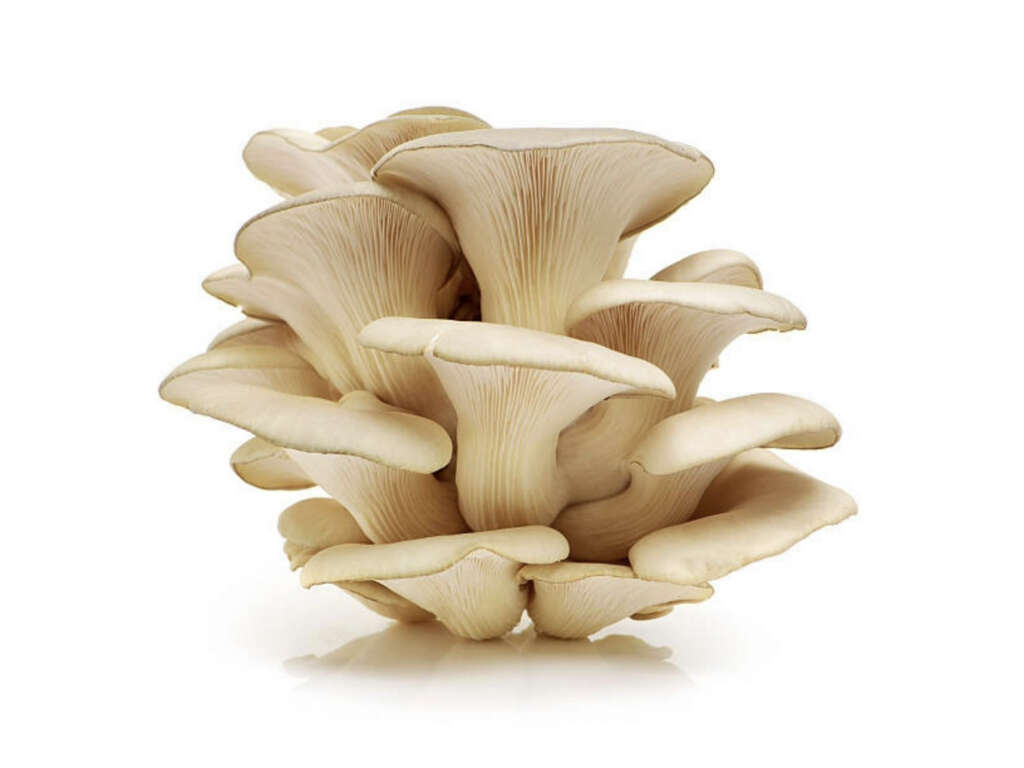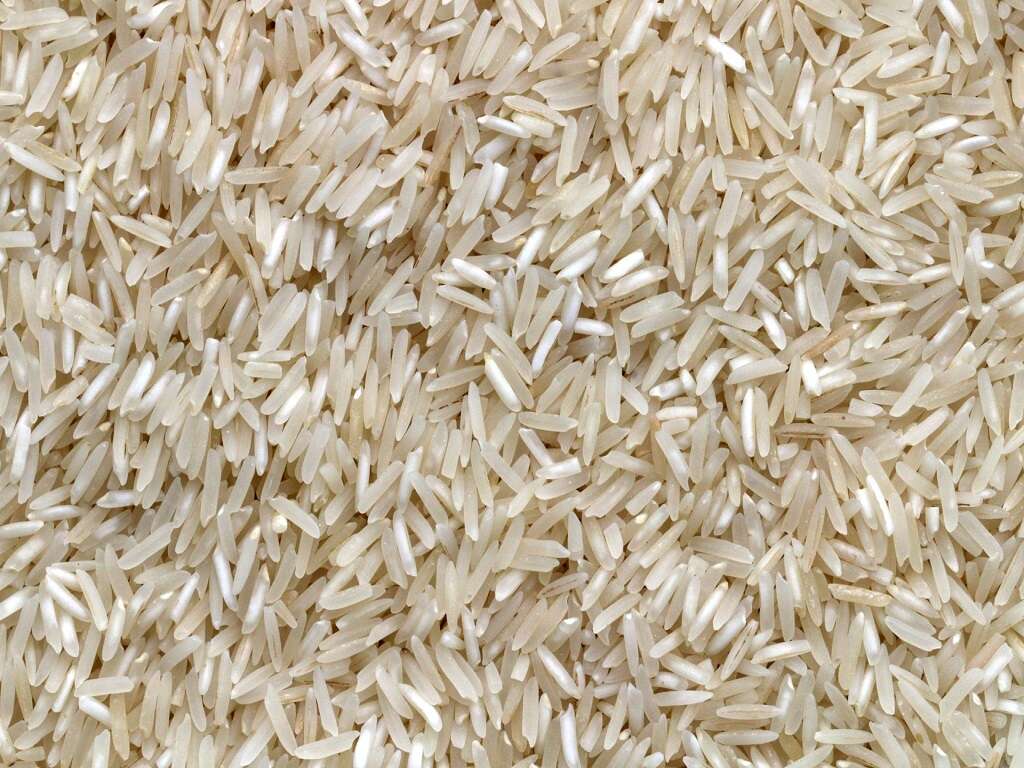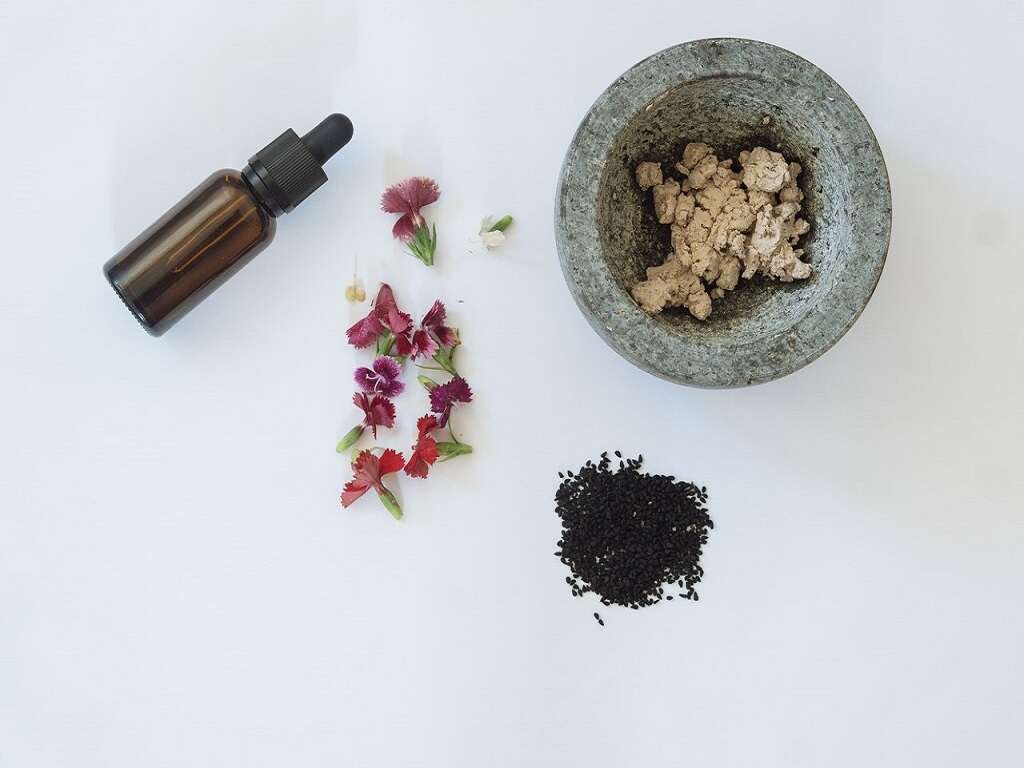How To Make Hard Boiled Eggs
Eggs are packed with nutrition and should ideally be a part of anybodys diet. In addition to being nutritious, they also taste great. The benefits don’t even stop there because they are also relatively easy to prepare. Eggs are also flexible and can be used in a wide range of dishes.
One popular way of preparing eggs is to hard boil them. These can then be eaten just as they are or prepared in a variety of other ways. It isn’t always easy to get them just right at first, but here’s a few tips on how to make the perfect hard-boiled eggs.
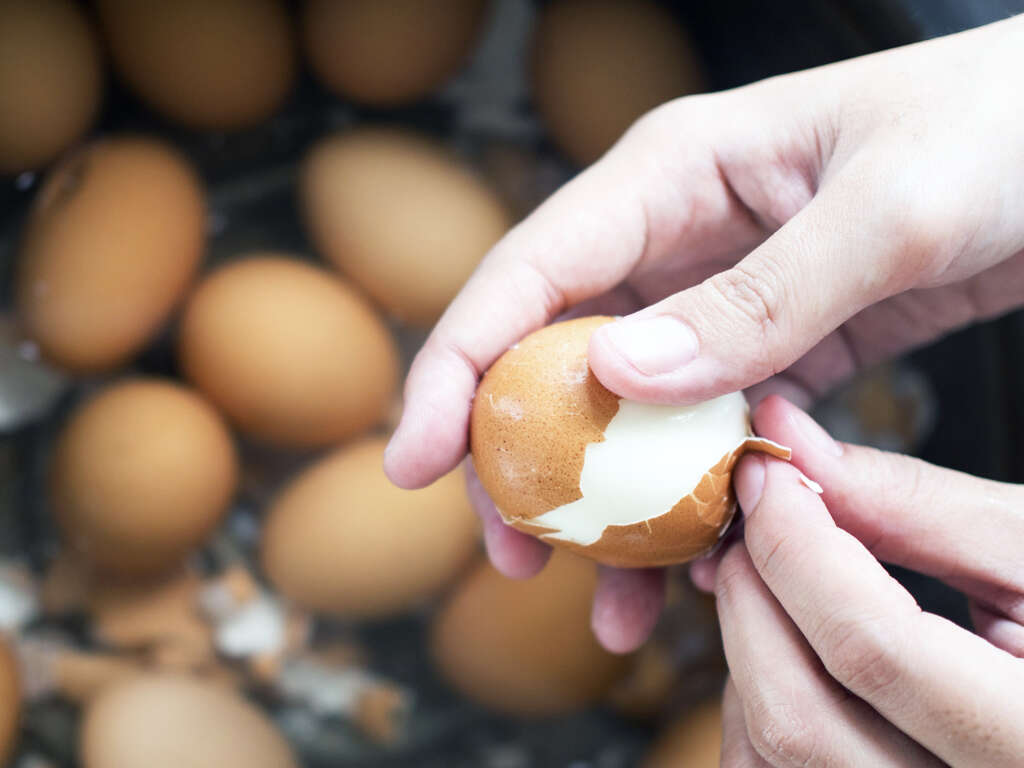
1. Use Old Eggs
When cooking, you are often advised to use products that are as fresh as possible. This helps to ensure the best results, including giving the best flavor. When it comes to hard-boiled eggs, however, using the freshest eggs is not a good idea. If you use eggs that are too fresh then you will likely find them very difficult to peel.
For the best results, try using eggs that are at least a week old, although two-week-old eggs are better. Raw eggs can last from between 3-5 weeks when kept in their shell so there is no rush to use them.
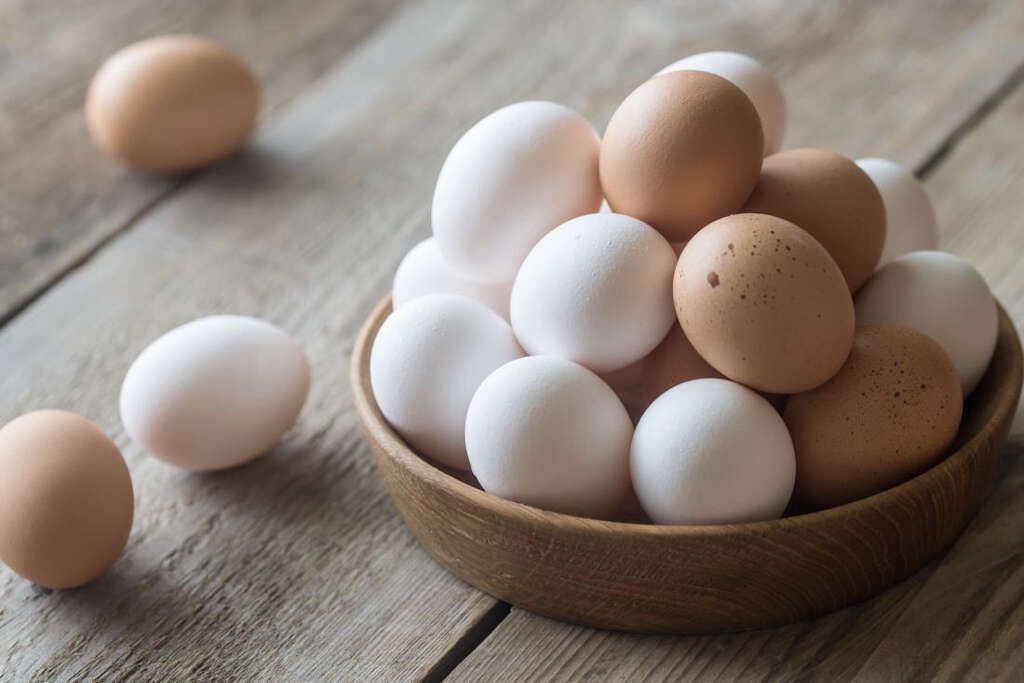
2. Steam
If all you have available is very fresh eggs then you should take a different than usual approach to cooking them. Instead of boiling them as usual, you should try to steam them instead. Simply place them in a steamer, add an inch of water, and steam for 15 minutes.
If you don’t have a steamer then you can improvise by using a pressure cooker instead, or you can even try making an ad-hoc steamer yourself. Steaming will help the moisture to get beneath the eggshells and this should make it easier to peel them after they have been cooked.
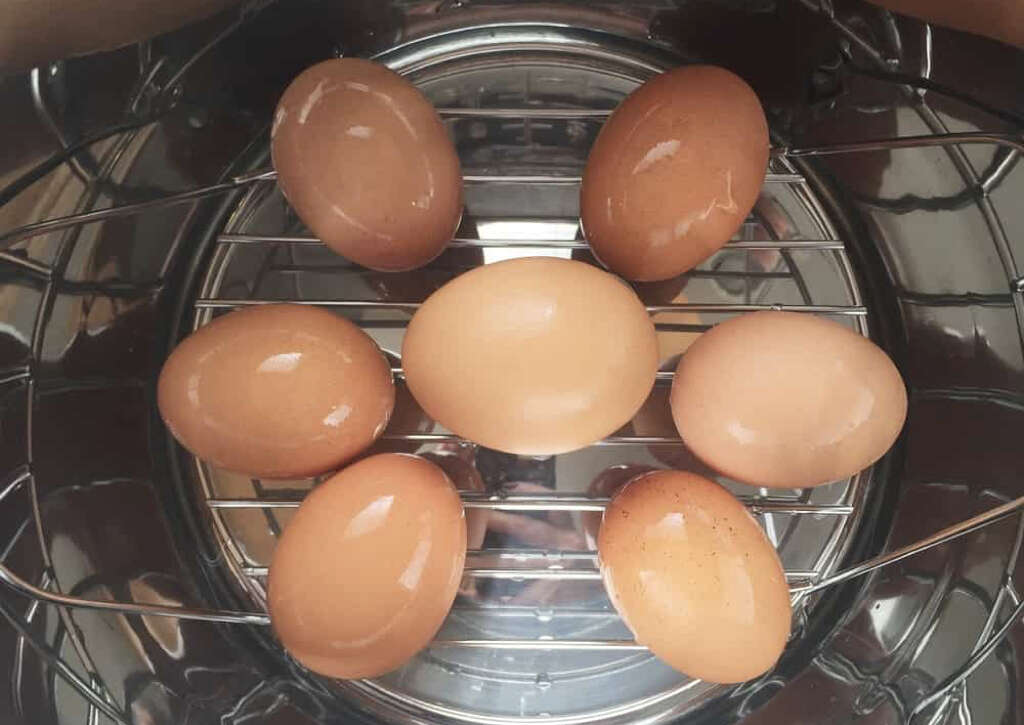
3. Add Vinegar
If you are careful enough then the shells should hopefully remain intact, but this is not always the case. The shells can sometimes crack during boiling and this can result in a mess after the egg white runs out of the shell.
The goods news is that that you can take steps to prevent this from happening. Add just 1 teaspoon of salt and this will hopefully decrease the likeliness of the shell cracking. Adding a teaspoon of vinegar will help to prevent too much egg white from running out if the shell does crack. Another added benefit of adding salt is that it will help make the eggs easier to peel.
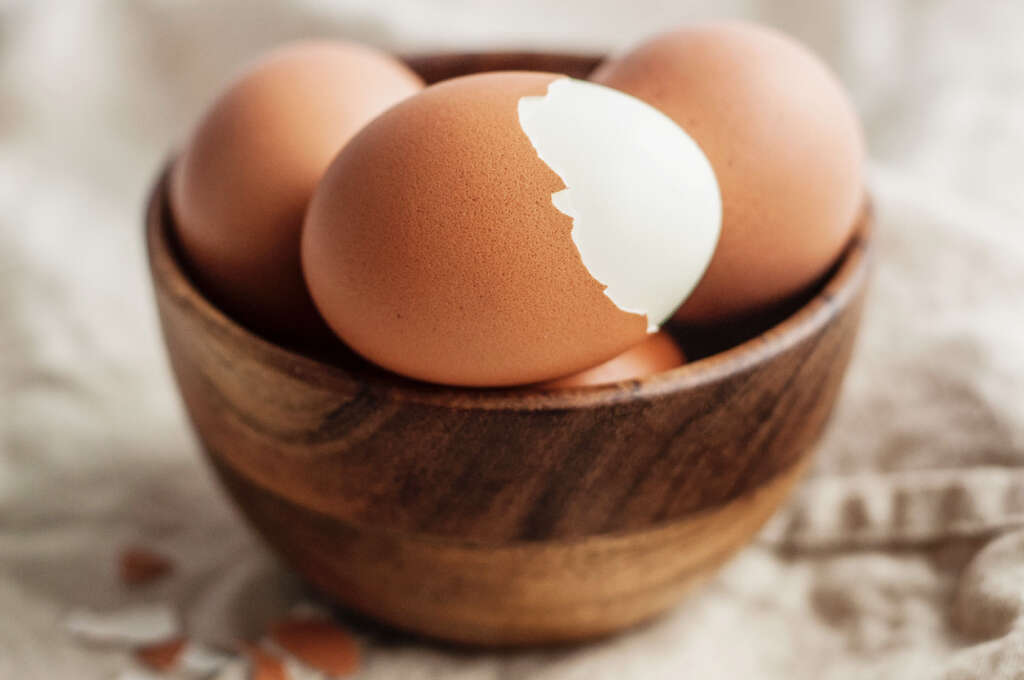
4. Boil
Next up is the actual boiling. Simply take your eggs, place them in a large pot, and fill the pot with water, making sure the eggs remain covered by water. The more eggs you have in the pot, the more water the eggs should be covered by. Then, bring turn up the stove to a medium heat and bring the water to the boil.
Once you have bought the water to the boil, turn off the heat and then cover the pot with a lid. How long you keep the eggs in the pot for will depend largely on how hard you want your eggs to be.
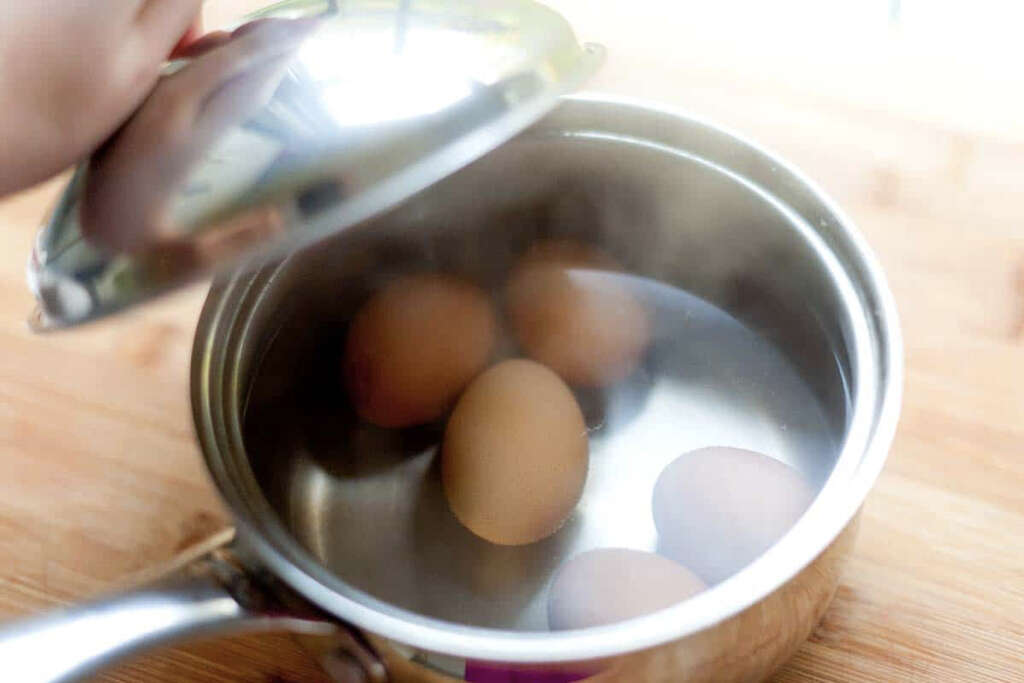
5. Set Your Timer
In order to end up with hard-boiled eggs, you will need to leave them in for 11 minutes. Leave them in any less and you might end up with a runny yolk, which is not ideal, depending on what you intend to use the eggs for.
Leave the eggs in for too long and you might end up with egg yolks that are too hard and have a green/black ring around the yolk. Eggs of different sizes will cook at slightly different rates so you might need to experiment a little to get the eggs just as you like them. Using a timer will help ensure you know exactly when your eggs are done.

6. Altitude
The laws of physics mean that eggs will cook at different rates at different altitudes. If you are at a fairly high attitude then the water will boil at a lower temperature, and this means that the eggs will take longer to cook than usual.
In addition to altitude, there are other factors to take into account such as how much water is used and even the shape of the pan. In order to find the exact length of time it takes to get your eggs just how you like them, a little trial and error may be necessary. Take notes, and remember to use a timer.
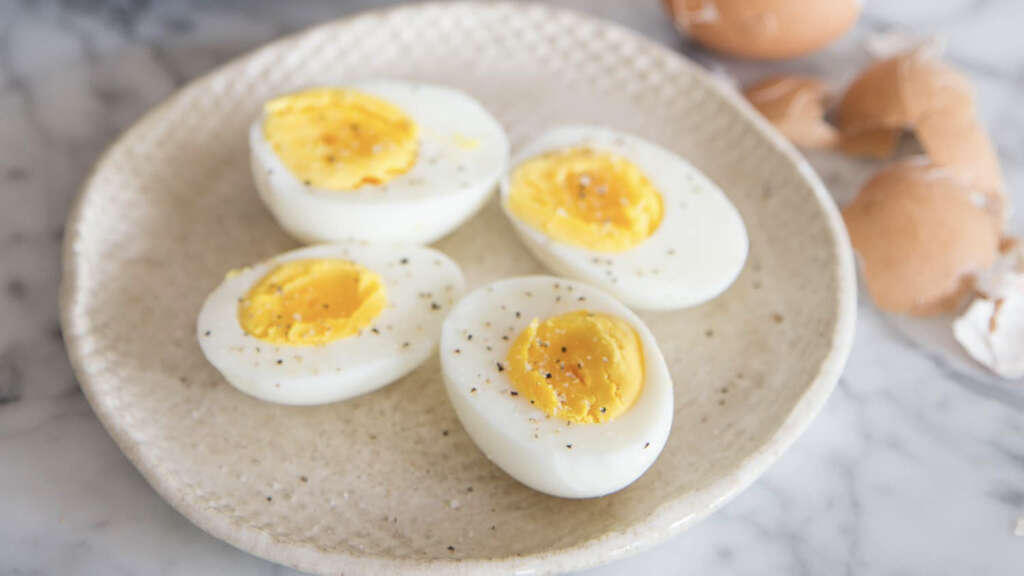
7. Shock Them
Even after you have removed the eggs from the water, they will continue to cook, making it harder for you to get the timing just right. To overcome this, you should shock the eggs, which basically means to transfer the eggs directly into iced water once the timer has gone.
Remember to transfer the eggs only, and not the water that was in the pot. You should also try to use plenty of ice because the eggs will be holding a lot of heat, meaning that the chilled water will not remain chilled for long. This process will stop the eggs from cooking further and will also prevent them from being too hot to the touch.

8. Peel Away
If you have followed the steps above then peeling the eggs should hopefully be quite easy. When they are just right, large sections of the shell will peel away with hardly any effort. That is not always the case, however, and getting the shells off can sometimes be a challenge.
If you are having difficulty then first crack the shells gently all over without peeling them. Then, place the eggs with cracked shells into water for a few minutes. The water should be able to penetrate through the cracks and seep in beneath the shell, and this should make it easier for you to peel the shell away.

9. Store
You don’t have to eat your eggs straightaway you are able to store then for a few days first. For the best results, keep them in a container as this will help to prevent them from becoming damaged.
Also, keep the container well sealed to help prevent everything else in the fridge from taking on an eggy smell. Just make sure that any eggs you have refrigerated are eaten within 5 days. Eggs that have expired can give off a rather pungent aroma, and these should be thrown away.
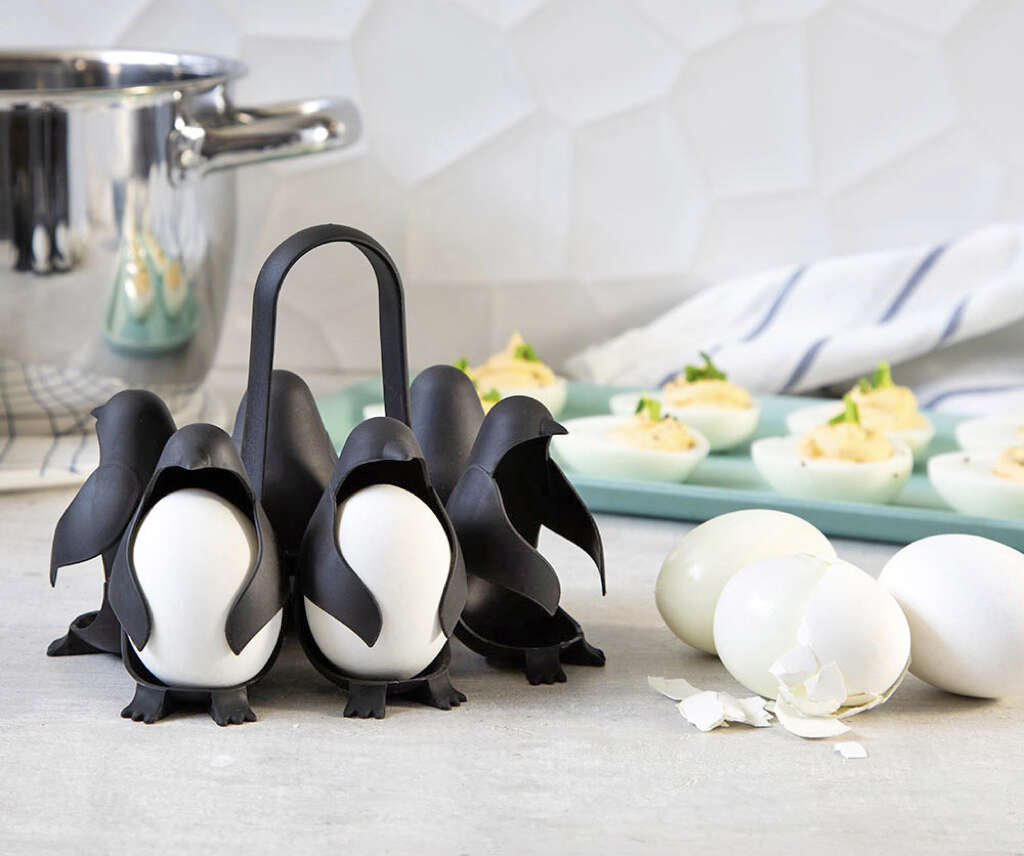
10. Eat
Hard-boiled eggs are delicious just as they are especially with a little pepper or any other seasoning as you prefer. They are also great for use in salads and chilled, hard-boiled egg slices in particular are ideal for salads and other dishes on a hot day.
Another favorite is devilled eggs. This involves scooping out the hard yolks, which are then mixed other ingredients, including mayo, vinegar, salt, pepper, and mustard, before being placed back in the yolk cavity. Curried devilled eggs are also very popular, and you can also sprinkle a little seasoning and/or garnish on top for appearance and a little extra flavor.







